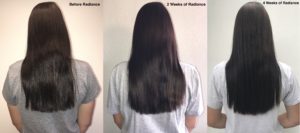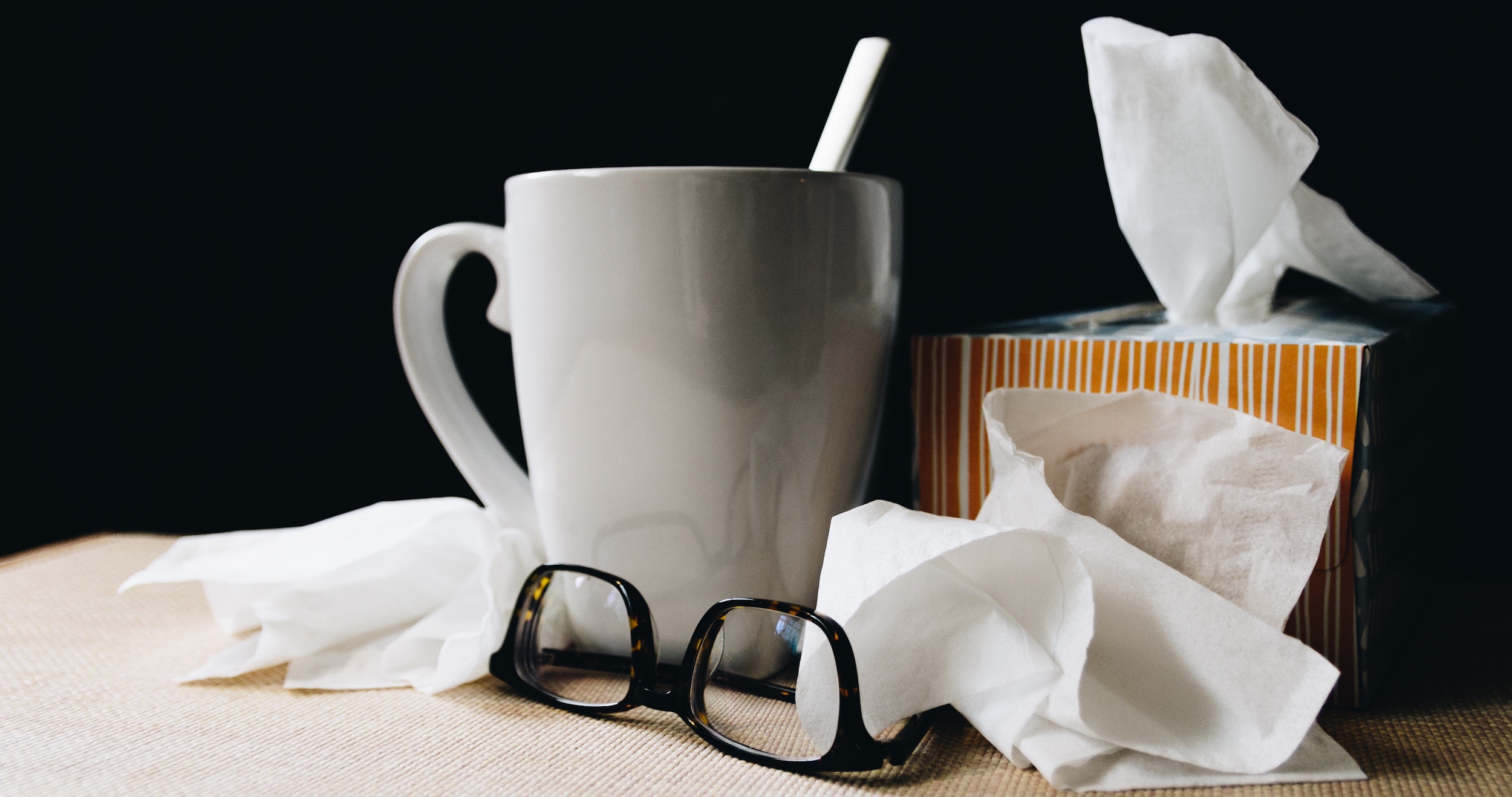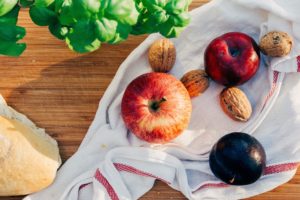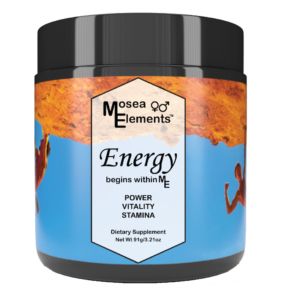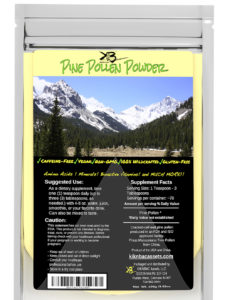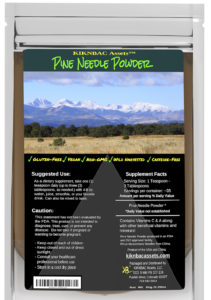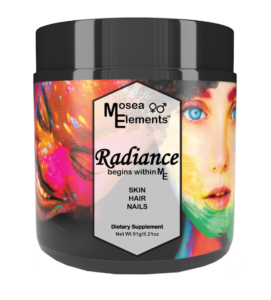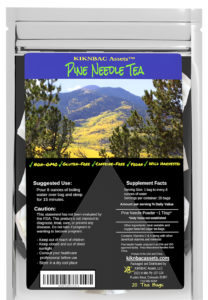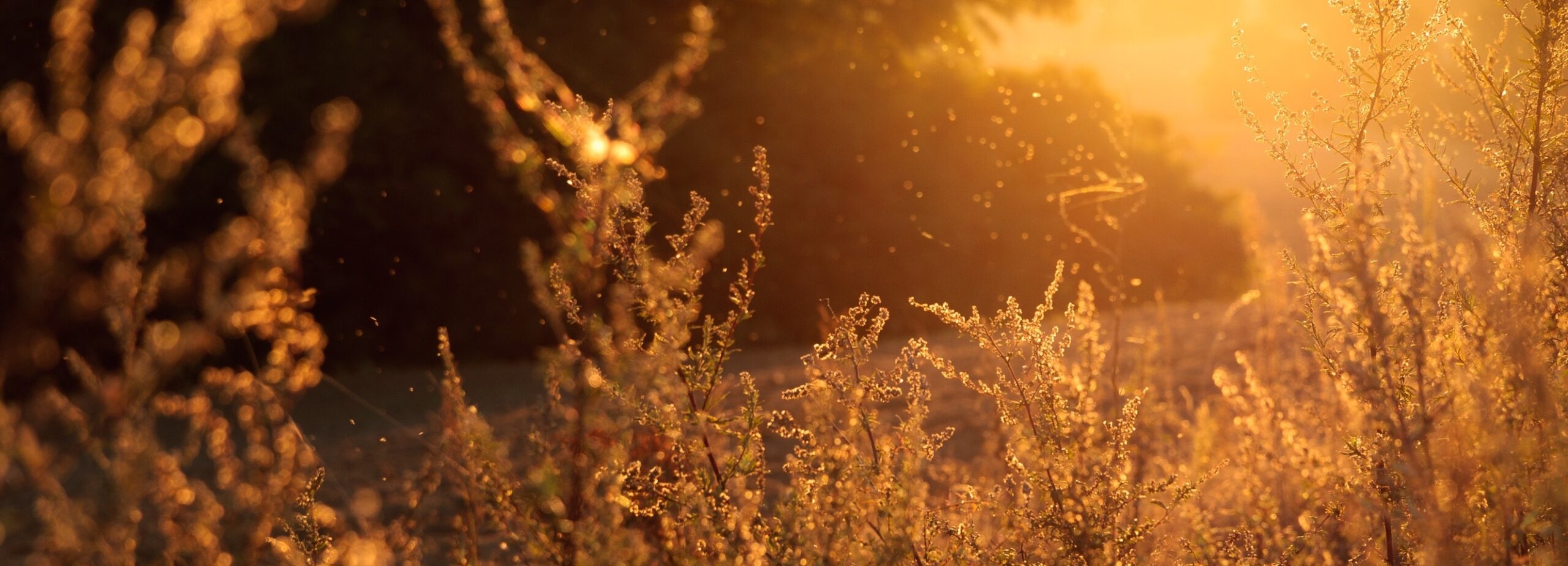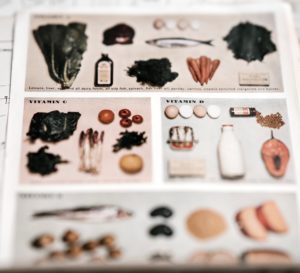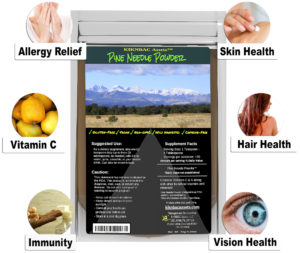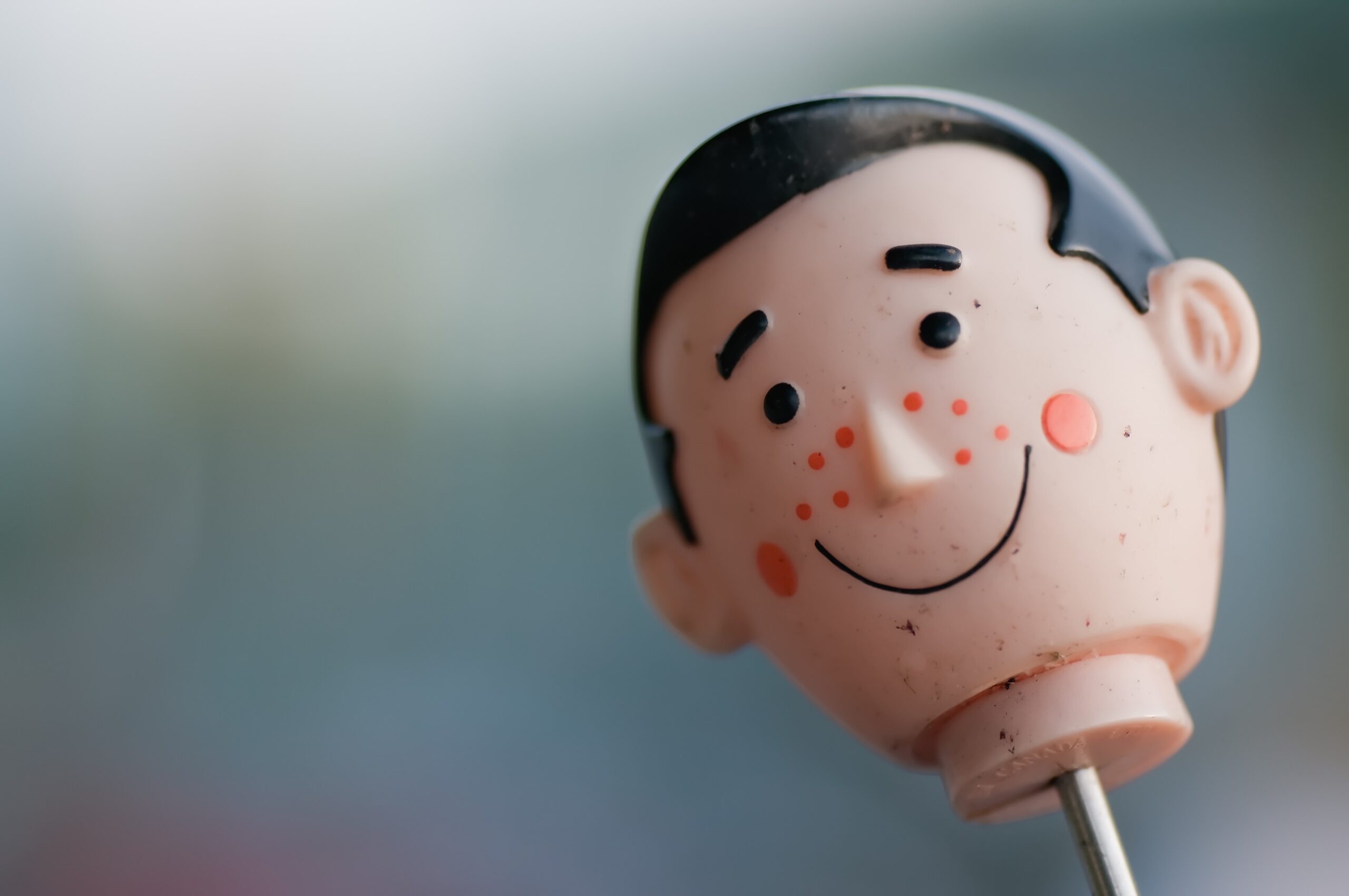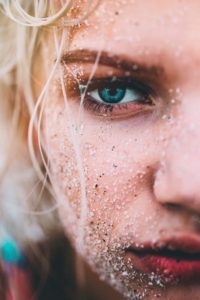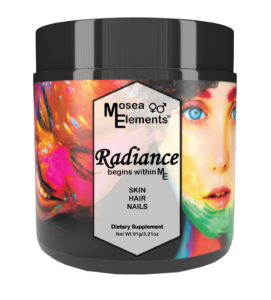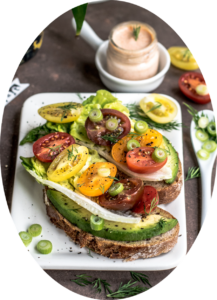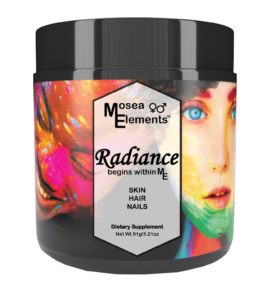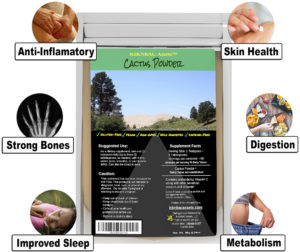We all want hair that is shiny, voluminous and soft, whether it’s long or short, we seek the peak health of our hair so that it looks and performs its best. While previous blogs have mentioned all the damage we do to our hair, this one will focus more on all the little things you can do every day to combat the damage and bring your hair’s health back.
As I mentioned before, I have done many things to damage my hair. Since I was in middle school and was first allowed to dye my hair I haven’t stopped until recently. As someone born with naturally dark hair, the first change I made to my hair was highlights. Since that first round of highlights I’ve gone back and forth between dark and light and everything in-between and going lighter always involved A LOT of bleach. I’ve probably bleached my hair at least 10-15 times in the last 12 years. Keep in mind that ALL of these transformations have been done at home by myself or with help of family (because I’m not one to pay crazy salon prices).
Moral of the story is — my hair has been through a lot and it wasn’t until last year, when my hair was breaking off left and right, that I made my hair’s health a priority. Since then I’ve done a ton of research and tried many different things to get my hair back to normal. If you’re like me and you are trying to get your hair healthy again, I think I have some tips to help you back onto the road of recovery
- No bleach!
- Sleep in braids.
- Always start brushing from ends to roots.
- Brush with care.
- Brush your hair before you wash it (to decrease tangles after).
- Don’t brush your hair while wet (hair is weakest when wet).
- Leave your conditioner on for 3-5 minutes when washing.
- Only apply shampoo to the roots.
- Avoid putting conditioner on your roots.
- Limit the use of heat styling tools.
- After washing, rinse your hair with cool water.
- Don’t wash your hair with super hot water.
- Get trims as necessary (when ends are split and dry)
- Avoid getting tons of layers if you’re trying to grow your hair very long.
- Use a wet brush! (which has more flexible bristles to avoid breakage)
- Don’t wear your hair up everyday (this can cause breakage)
- Switch to scrunches (regular elastics can cause excess breakage) (plus scrunches are cuter)
My 3 Best Tips for Restoring your Hair’s Health:
First things first, do not wash your hair everyday! Washing your hair everyday strips your hair of its natural oils, which actually do quite a bit to nourish your scalp and hair. This doesn’t mean to not shower every day, just don’t wash your hair with oil stripping shampoo every day because this is likely to dry it out. I only wash my hair twice a week and if my hair starts looking oily in between I use a little dry shampoo.
Next, if you have never used coconut oil on your hair, you are missing out! When my hair was at its very real breaking point I would use a coconut oil mask twice a weak (on days that I wash my hair). I prefer to wash my hair in t犀利士
he mornings, so the night before I would melt down a tablespoon or two of coconut oil and put it in my hair from root to tip. I then usually braided it and slept with a towel over my pillow. Then I would wash my hair as normal with shampoo and conditioner the next morning. Immediately after, my hair feels extremely soft and moisturized and over time I believe that it helped a lot in keeping my hair strong as it grows out.
Last but not least, find a good hair, skin and nail supplement. It’s just as important to give your hair what it needs on the surface as it is to provide from the inside out. Along with eating a well balanced diet, it’s important to make sure your hair has enough of the vitamins and minerals it needs to grow strong. Vitamins that can help restore hair health are: Vitamin A, B-Vitamins, Vitamin C, Vitamin D and Vitamin E.
The supplement I have been taking everyday for the last couple of months is KBA’s Radiance. Radiance actually contains all of the above vitamins and is very easy to take. I just mix it with my morning glass of water or tea and that’s it! Since starting I’ve noticed my hair becoming more shiny, voluminous and strong. Taking Radiance daily and the above mentioned tips have really brought my hair back to it’s healthiest state in years! Check out my results below!
By Paige Peterson


